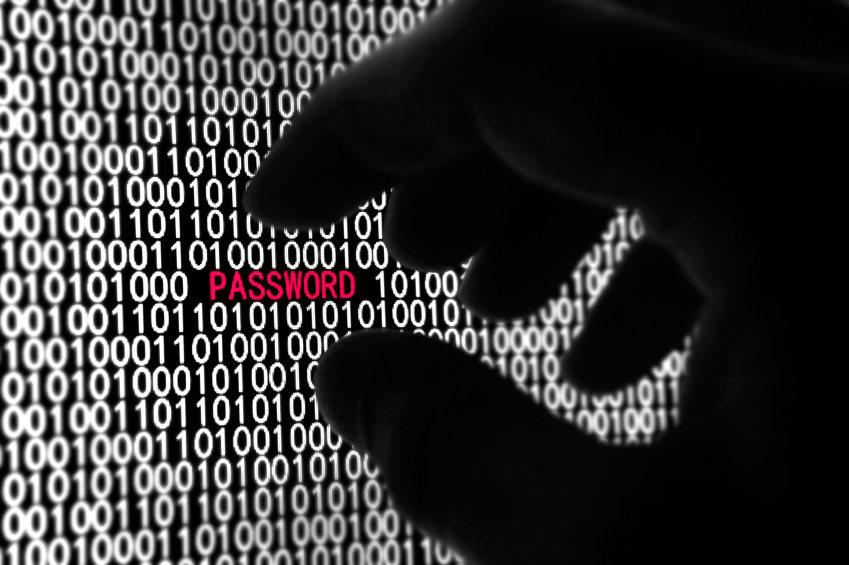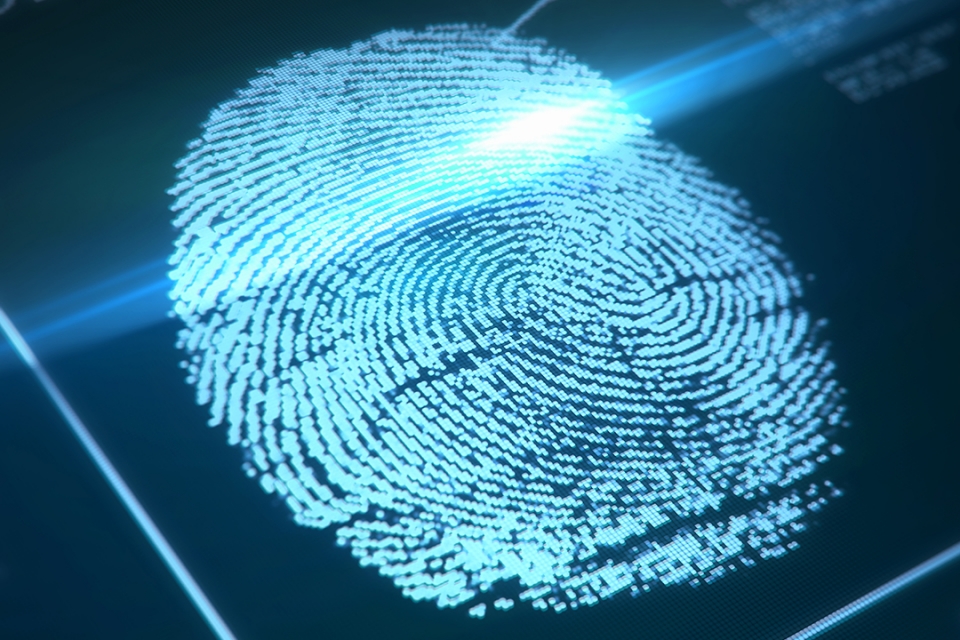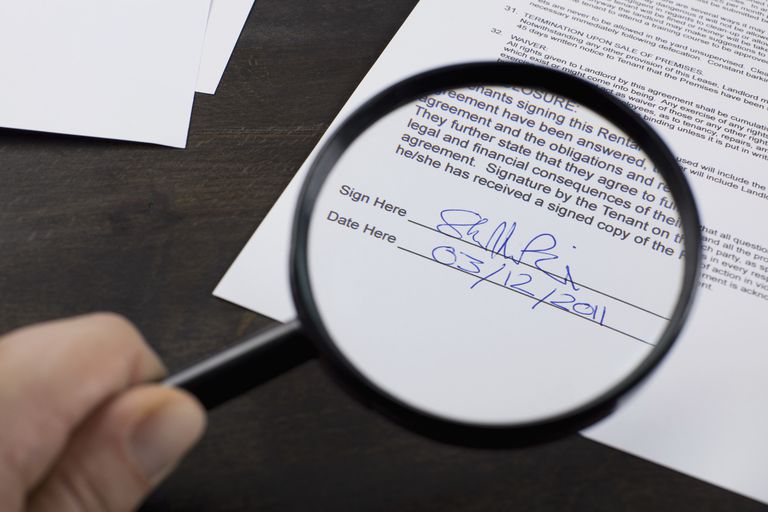Digital Forensics

Digital Forensics is the use of specialized techniques to recover, authenticate and analyze electronic data found on digital devices. The term digital forensics was originally used as a synonym for computer forensics but has expanded to cover investigation of all devices capable of storing digital data.
The technical part of an investigation is divided into several sub-branches, relating to the type of digital devices involved; computer forensics, network forensics, database forensics and mobile device forensics. The typical forensic process encompasses the seizure, forensic imaging (acquisition) and analysis of digital media and the production of a report into collected evidence.
As well as identifying direct evidence of a crime, digital forensics can be used to attribute evidence to specific suspects, confirm or refute alibis or statements, determine intent, identify sources (for example, in copyright cases), or authenticate documents.
Digital forensics requires specialised expertise that goes beyond normal data collection and preservation techniques available to end-users or system support personnel. Special precautions need to be taken to collect, preserve and examine digital evidence. Failure to follow the correct protocols may render the evidence unusable in court.
MEMBERS PROVIDING THESE SERVICES ARE :
Dr Allan Watt
Allan Watt Digital Forensics
Phone: +61 2943 6100” data-wplink-url-error=”true”>+61 2943 6100, Email: allan@digitalforensic.com.au, Website: www.digitalforensic.com.au
Forensic Services
© Copyright 2018 | Independent Forensic Practitioners Institute | All Rights Reserved
















